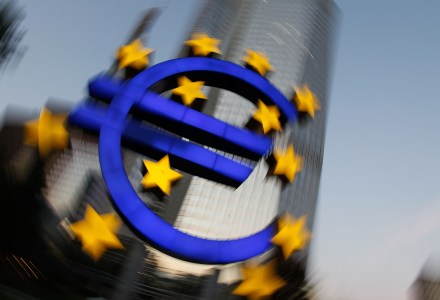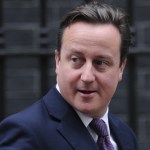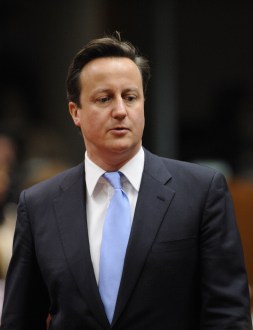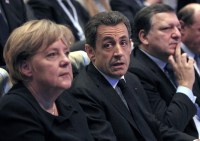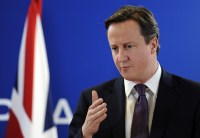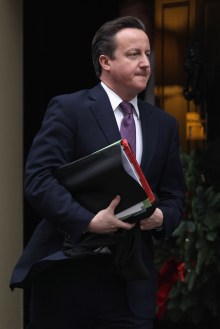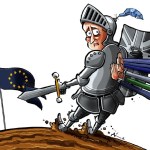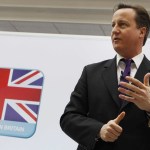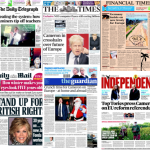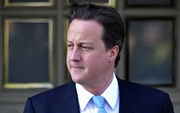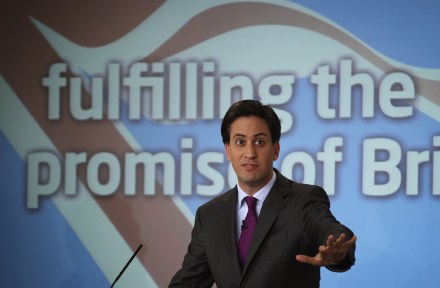The sort of influence we can live without
David Cameron’s decision, in the wee hours of Friday morning, to make clear that he would veto the proposed treaty change will have many far-reaching effects. One is that other European leaders know that Cameron is prepared to follow through on a threat to veto. As Charles Moore says in The Telegraph today, the dynamic that has existed throughout this country’s participation in the European project — that “Britain huffs and puffs, but always agrees in the end” — has now changed. This morning, those close to the Tory leadership were pointing out that a Cameron threat to, for example, veto the budget next year will be taken far more
